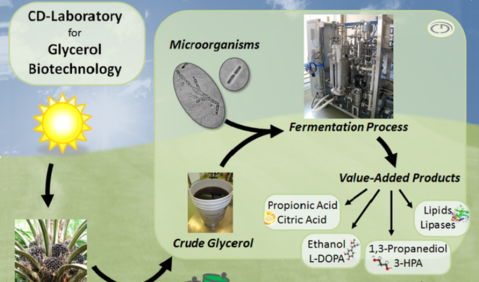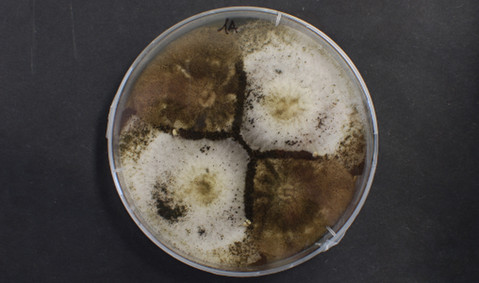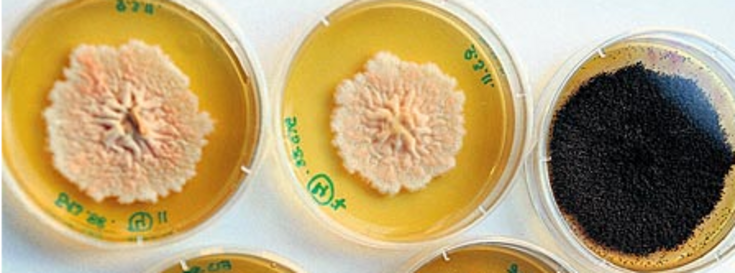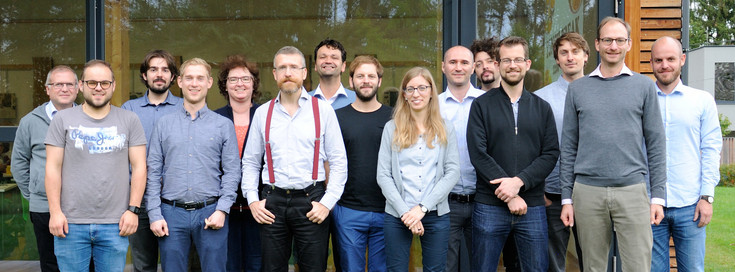Carbon availability is one of the major issues of our world’s societies – now and in future. Our main energy sources are carbon based, as is the production of nearly all modern materials. Currently used carbon derives mainly from petroleum, which is unsustainable in many respects – inevitable greenhouse gas emissions being the most harmful issue.
Renewable and sustainable carbon must therefore be derived from the atmosphere (removing greenhouse gas) – be it directly in gaseous form, be it after fixation by plants or algae. Our team aims at the use of such renewable carbon for microbial upgrading. Microorganisms are developed as cell factories and based on these microbial cell factories bioprocesses are developed for the efficient production of fuels and chemicals.
Our team’s philosophy is to combine synthetic biology with natures diversity and to develop processes as close as possible to industrial realities. Natural adaption to all possible ecological niches bred microorganisms, ready to tackle many industrial tasks. We employ bacteria, yeasts and filamentous fungi of different origins. Lactic acid bacteria are among our favorites as they combine extraordinary stress resistance with high carbon flux rates and low biomass formation.
Our synthetic approaches are focusing on tool development aiding metabolic engineering. On the one hand, we are interested in membrane transport phenomena on the other hand we are interested in tools and means for spatial organization of metabolic pathways. Bacterial microcompartments play a major role in nature and their usefulness for synthetic biology is only emerging.
We take an active part in the BOKU Network “Bioconversion of Renewables”.

CD-Lab for Biotechnology of Glycerol





